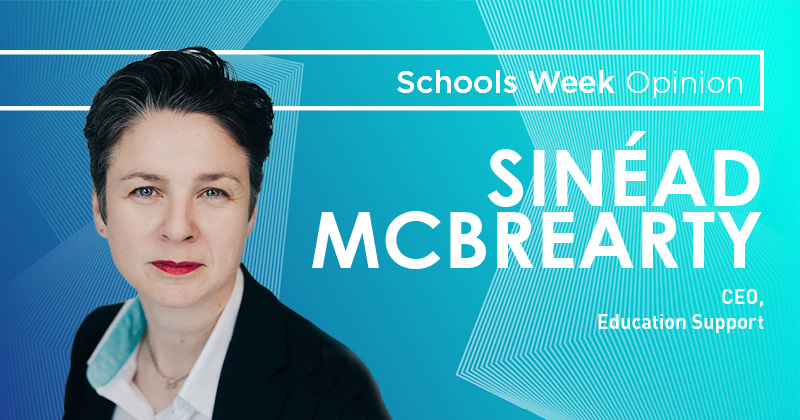Professor Becky Francis, CEO of the Education Endowment Foundation and a Fellow of the Chartered College of Teaching, has announced the panel members who will join in her undertaking a review of the curriculum. In their efforts, it is critical that practising teachers are among the range of stakeholders they have committed to engaging with.
It is only through talking with the widest range of education staff and hearing the diversity of experience, expertise and ideas within the profession that we can move to a system in which teachers and school leaders feel that they have ownership over their curricula.
As we have discussed in our recent working paper on teacher professionalism, not doing so can negatively impact motivation, ultimately driving people out of the profession. Conversely, engaging with the profession in meaningful conversations and genuine partnership is key to creating sustainable change.
Two of our recent curriculum-themed projects with schools offer a wealth of learning for the review about key issues and barriers. Importantly, they are also a model of effective practices in working with the profession in reflective and iterative ways.
Primary barriers
‘Rethinking Curriculum’ is a long-term curriculum development project funded by the Helen Hamlyn Trust, in conjunction with the Helen Hamlyn Centre for Pedagogy (0-11). The project focuses on building knowledge and skills within the primary sector to equip teachers and school leaders to identify, plan and implement curriculum development work in a sustainable, context-specific and impactful way.
The first stage was to listen to schools to understand the process of curriculum planning and design they go through. Participants from focus groups conducted as part of the project discussed the importance of designing a personalised and localised curriculum that reflects the experiences of their pupils and staff.
What we have consistently found is that a key barrier to the design and delivery of such a curriculum is the time pressure created by the current content-heavy national curriculum.
However, this was not the only obstacle. In a survey of 150 practitioners also conducted as part of this project, 95 per cent of respondents reported experiencing challenges. Most significant among them were lack of funding for specialist equipment or teaching and a lack of time to plan with colleagues.
Secondary barriers
In a separate survey of 238 respondents for a project funded by The Comino Foundation, a lack of time, specialist staff and money also presented significant challenges to curriculum design at key stage 3.
It is therefore imperative that the government takes the time to listen to and understand the barriers schools face as part of their curriculum review. Ensuring that any curriculum changes are supported by measures to ameliorate these is vital if reform is to be sustainable and not add unnecessarily to teachers’ workloads.
Identifying opportunities
It’s not just about removing barriers, though. As findings from our projects revealed, success equally hinges on appreciating the strengths of what’s already happening and understanding the levers for change that exist in schools.
Focus group participants in ‘Rethinking Curriculum’ discussed how the legacy of the pandemic has been used as a lever for curriculum change in their schools. For example, the experience of lockdowns has brought about a renewed appetite for outdoor learning, not least for its beneficial effects on mental health and wellbeing.
Similarly, at key stage 3, focus group participants for the Comino project discussed the renewed focus on children’s physical, social and emotional wellbeing since the pandemic.
Reviewing the curriculum from early years to post-16 education is a substantial undertaking. However, curriculum has been a major focus for all schools for a number of years. As a result, the profession has developed significant phase- and subject-specific expertise in curriculum design.
It is evident that properly understanding the barriers and levers for change that exist in schools, and recognising and valuing teachers’ expertise will be crucial to building change that works for all.











